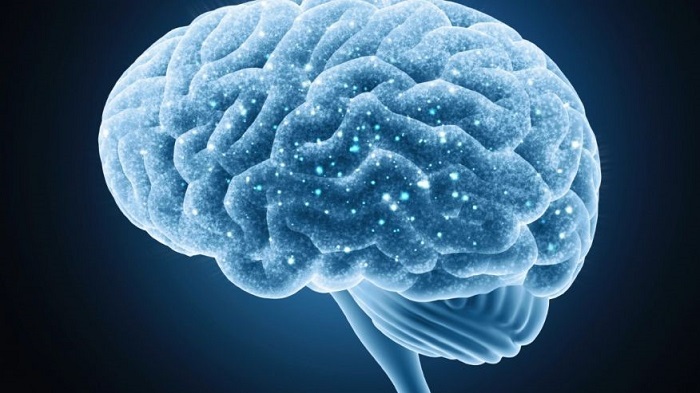Previous research suggests that people with the ε4 variant of the APOE gene are more likely to develop Alzheimer`s later in life, but the new findings suggest the condition may have roots as a developmental disorder, long before any brain plaques have a chance to form.
"Studying these genes in young children may ultimately give us early indications of who may be at risk for dementia in the future," said neuroscientist Linda Chang from the University of Hawaii in Honolulu, "and possibly even help us develop ways to prevent the disease from occurring, or to delay the start of the disease."
Chang`s team studied 1,187 healthy children between the ages of three and 20, none of whom showed signs of any brain disorders or developmental abnormalities. The participants received genetic tests and undertook brain scans, with the researchers particularly looking to see which children had the ε4 variant of the APOE gene.
The APOE gene – which helps our body make the apolipoprotein E protein – also comes in ε2 and ε3 variants. We all get one copy of the gene (ε2, ε3, or ε4) from each of our parents, meaning there are six possible variants in total: ε2ε2, ε3ε3, ε4ε4, ε2ε3, ε2ε4, and ε3ε4.
What the researchers found is that children with any form of the ε4 gene showed differences in brain development from children with only the ε2 or ε3 variants in their genetic makeup.
Children with the ε2ε4 genotype had a hippocampus – the part of the brain related to memory – on average 5 percent smaller than children with the ε3ε3 genotype, which was the most common variant. And children younger than eight with the ε4ε4 form of the gene showed signs of weaker structural integrity in the hippocampal area.
"These findings mirror the smaller volumes and steeper decline of the hippocampus volume in the elderly who have the ε4 gene," said Chang.
Aside from the brain scans, children with ε4 also scored more poorly on cognitive tests designed to measure memory and mental abilities, although it`s worth noting that this was only apparent in young participants. Children older than eight with the ε4 variant showed normal test scores.
Before anybody panics about these results, it`s important to bear in mind that the scientists acknowledge two significant limitations to their research. First up, children were only tested at one point in time, which doesn`t provide a chance to see if these kinds of results persisted as the kids aged.
Second, and perhaps more importantly, children with the ε4 genotypes are not particularly common – so even though the overall study wasn`t small, the actual testing of any children showing the developmental abnormalities has been pretty constrained so far.
"[O]ne limitation is because those genes … happen to be extremely rare," said Chang. "And even though we have a large sample size of 1,200 children, the group of those who had these rare genotypes are pretty small. So it would be good to replicate the study in a bigger cohort of children and also to follow them over time."
In the meantime, the researchers are eager to emphasise that their study shouldn`t be interpreted by anxious parents as a sign that they need to get their kids checked for ε4. After all, it`s very early days for this line of research – and nobody should be jumping to any conclusions just yet.
"Right now it`s not appropriate to test children for the gene because we are still in a research stage, we are still trying to understand how the gene affects brain development," said Chang. "Also, the genes that we are talking about that we are studying is just aspect of many factors that could contribute to Alzheimer`s disease."
As such, the benefit of the research is in helping us understand more about what factors influence susceptibility to Alzheimer`s. And the hope is, that this could one day lead to treatments for the condition – in addition to helping inform the lifestyle choices of people who may be at higher risk.
"The findings of this study might provide early indications of who might benefit from preventive measures when they become available," Chang told Michelle Kuepper at ResearchGate. "These individuals might also want to avoid activities that might lead to traumatic brain injury, such as contact sports."
"Other factors include age – risks [increase] with older age – and diet and lifestyle, for example people who are physically active have a lower risk of developing Alzheimer`s disease," she added. "These factors are thought to be responsible for the decreased incidence of dementia in the US and Europe."
More about:
















































